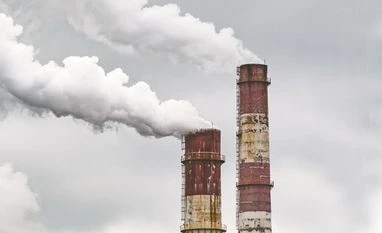The government is assessing the monetary hit of the European Union’s (EU) Carbon Border Adjustment Mechanism (CBAM) that is set to hit the transition phase from October.
CBAM is likely to impact aluminium and steel exports from India, though according to an assessment by the department of commerce, India's share of aluminium and steel exports to the EU is 1.8 per cent of total global exports. There will be no impact on the other sectors such as cement, fertiliser, hydrogen and electricity since India doesn't export these products to the EU.
“The carbon border tax for steel manufacturing through electric arc furnaces and through blast furnace route will be different. That segregation will have to be done and it will take some time," Director General of Directorate General of Foreign Trade (DGFT) Santosh Kumar Sarangi said on Monday.
“The extent to which it can be mitigated, the extent to which the industry can adapt, the extent of mutual recognition of certificates–these are the areas on which an inter-ministerial group is coordinating and discussing the way it can be tackled,” he added.
Sarangi also said that the government hopes to make substantial progress in the India-UK free trade agreement (FTA) in the 10th round of negotiations from 5-9 June in the national capital.
Regular meetings are being held at higher levels to review the progress, resolve the outstanding issues and discuss the way forward in negotiations. Both sides aim to conclude the negotiations at the earliest, he said.
)